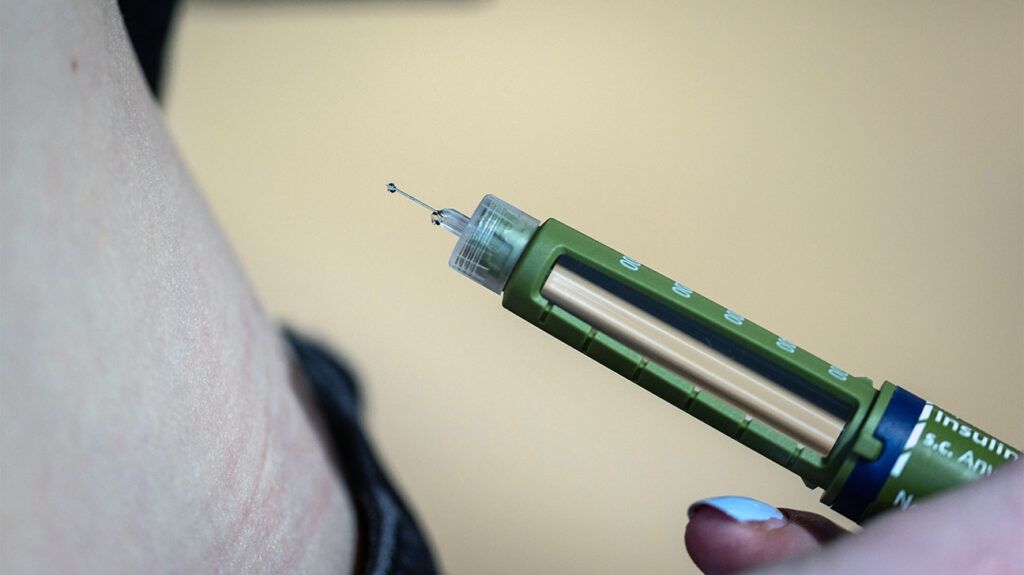Modified DASH Diet Shows Promise in Lowering Blood Pressure for People with Type 2 Diabetes

A new study reveals that a modified DASH diet combined with sodium reduction can significantly lower blood pressure in people with type 2 diabetes, supporting dietary strategies for cardiovascular risk reduction.
New research highlights the benefits of a tailored DASH diet for managing hypertension in type 2 diabetes.

A modified form of the DASH (Dietary Approaches to Stop Hypertension) diet may help reduce high blood pressure in people with type 2 diabetes, especially when combined with reduced sodium intake. The study, published in JAMA Internal Medicine, found that decreasing sodium consumption resulted in an average systolic blood pressure reduction of 5 mmHg.
Key points:
- Many individuals with diabetes also experience high blood pressure.
- The study tested a tailored DASH4D diet that considers the unique nutritional needs of adults with diabetes.
- Reducing sodium was the main factor contributing to blood pressure decreases.
About the DASH4D Diet
The DASH diet is renowned for supporting heart health, emphasizing fruits, vegetables, and low-fat dairy while limiting saturated fats and cholesterol. The DASH4D version adapts this approach for people with type 2 diabetes, with a focus on lower carbohydrate intake and sodium reduction.
Involving 102 adults with type 2 diabetes and elevated blood pressure, the trial tested four dietary interventions over five weeks each, monitoring blood pressure changes closely. Results demonstrated significant blood pressure improvements with the low-sodium DASH4D diet.
Study Limitations and Future Directions
The study’s small size and short duration limit broad conclusions, and further research is needed to confirm long-term benefits and feasibility. Challenges such as adherence to low sodium intake and accessibility of healthy foods should also be addressed.
Practical Takeaways
The findings support that diet modifications, particularly sodium reduction, can effectively control blood pressure in people with diabetes. Clinicians are encouraged to consider dietary strategies like DASH4D for comprehensive management.
"Lower sodium diets and the DASH4D approach could significantly reduce cardiovascular risks in diabetic populations," said Dr. Scott Pilla.
For patients and healthcare providers, embracing dietary changes remains a pivotal component of diabetes and hypertension management.
Stay Updated with Mia's Feed
Get the latest health & wellness insights delivered straight to your inbox.
Related Articles
Revolutionizing Heart Care: AI-Enhanced Stethoscopes Detect Three Conditions in Just 15 Seconds
A new AI-powered stethoscope can identify three serious heart conditions in just 15 seconds, significantly improving early diagnosis and treatment opportunities in primary care settings.
GLP-1 Medications Show Promise in Reducing Chronic Migraine Days by Half
New research indicates that GLP-1 medications, used for diabetes and obesity, may halve the number of monthly migraine days, offering hope for improved treatment options.
Personalized Risk Prediction Model Enhances Outcome Forecasting for Early-Stage Hodgkin's Lymphoma
A new personalized risk prediction model for early-stage Hodgkin's lymphoma helps clinicians forecast patient outcomes and tailor treatments more effectively, enhancing long-term survival prospects.



